ECBN facilitates an Ideation Process for Culture Heritage in the Digital Age and generates four Startup-Ideas
The European Year of Culture Heritage: Spillovering to the Future
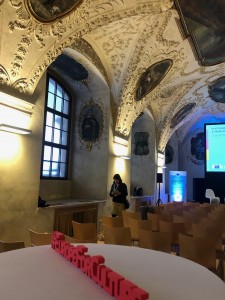 The European Year of Culture Heritage 2018 has highlighted the multifaceted potential of heritage in the context of the societal challenges. No Future for Europe without the future potentials of heritage !
The European Year of Culture Heritage 2018 has highlighted the multifaceted potential of heritage in the context of the societal challenges. No Future for Europe without the future potentials of heritage !
These societal challenges that Europe will face are to a large extent also valid for the whole world, and it is therefore useful that Europe innovates cultural heritage in a global context of interdisciplinary change makers, policy makers, experts and stakeholders – from GLAM institutions to artists.
Therefore Prof. Pier Luigi Sacco advised the European Commission to start a new format, „the Platforms Project“: „convening a wide variety of persons from diverse backgrounds, bearing unique visions, skills, and experience, to engage in an innovative exercise of collective intelligence to develop problem-solving oriented proposals on specific, key fields where heritage will make a difference in the future.“
A new frontier of innovation
The connection between heritage and the digital sphere may be regarded as a frontier of innovation, which can attract new generations of young creators and technologists into a field where Europe has, and can further reinforce, a distinctive positioning and a recognized leadership at the global level, paving the way for new jobs, companies, and forms of cultural, social and economic value for local communities, while at the same time reinforcing and rejuvenating the relationship between heritage and European territories.
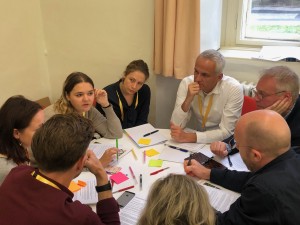 The digital revolution is very recent, and we still have to learn how to establish the right dialogue between the quickly changing hi-tech landscape where new technologies and tools keep on flowing in, and the heritage world that is accustomed to think in terms of historical time and long durations. The digital sphere may be a catalyst that offers us the possibility to re-define and even to re-purpose our relationship to heritage, to turn it into an organic, living reality that seamlessly connects to our processes of thought and imagination, to our capacity to interpret contemporary realities in the light of the history that led to them, and even to conceive of possible futures in a more dynamic, visionary way.
The digital revolution is very recent, and we still have to learn how to establish the right dialogue between the quickly changing hi-tech landscape where new technologies and tools keep on flowing in, and the heritage world that is accustomed to think in terms of historical time and long durations. The digital sphere may be a catalyst that offers us the possibility to re-define and even to re-purpose our relationship to heritage, to turn it into an organic, living reality that seamlessly connects to our processes of thought and imagination, to our capacity to interpret contemporary realities in the light of the history that led to them, and even to conceive of possible futures in a more dynamic, visionary way.
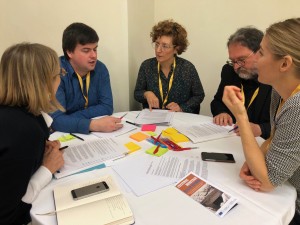 The digital dimension of heritage is developing strong connections to the tech industry and is becoming a powerful incubator of new, innovative tech startups. The possibilities offered by a wide and quickly expanding range of emerging fields, such as artificial intelligence, virtual and augmented reality, gamification, big data, to make some obvious examples, are countless and constantly expanding. On the other hand, there is the risk that such innovation only concentrates in large metropolitan areas where digital industries are already preferentially located. This wealth of possibility is today carefully explored and developed by global hi-tech giants, which are investing considerable resources in the creation of strategic projects centered on the digitisation of heritage and on the creation of heritage-focused digital content markets.
The digital dimension of heritage is developing strong connections to the tech industry and is becoming a powerful incubator of new, innovative tech startups. The possibilities offered by a wide and quickly expanding range of emerging fields, such as artificial intelligence, virtual and augmented reality, gamification, big data, to make some obvious examples, are countless and constantly expanding. On the other hand, there is the risk that such innovation only concentrates in large metropolitan areas where digital industries are already preferentially located. This wealth of possibility is today carefully explored and developed by global hi-tech giants, which are investing considerable resources in the creation of strategic projects centered on the digitisation of heritage and on the creation of heritage-focused digital content markets.
ECBN Facilitation: Taking Digital Culture to Culture Heritage
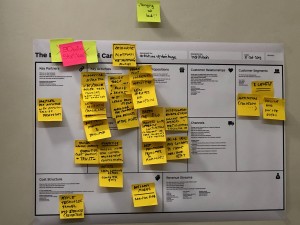 Generating digital innovations to foster Cultural Heritage is more than appyling AR, VR and what not latest technologies to heritage: it is also embracing the mindset and ways of working, the ways of generation values to the Cultural Heritage. However this is nothing less than a shock or even clash in mindsets – and this is what the ECBN ideation process at the Prague Platform was about !
Generating digital innovations to foster Cultural Heritage is more than appyling AR, VR and what not latest technologies to heritage: it is also embracing the mindset and ways of working, the ways of generation values to the Cultural Heritage. However this is nothing less than a shock or even clash in mindsets – and this is what the ECBN ideation process at the Prague Platform was about !
All participants were invited to this journey to get to know a different culture of work – and to explore to which extent this can be applied and used for the professional field of Cultural Heritage. New innovation methods meet one of the most traditional topics ever: heritage.
The process was moderated by Bernd Fesel, Director ECBN, and Chérine De Bruijn, Corporate Kitchen.
How did we work ?
Each participant chooses a workshop with his favorite focus topic where he can contribute, e.g. from his professional experience.
In each workshop participants contribute and collect project ideas to tackle concrete challenges within these topics. Then in a 2nd step one project is selected from this pool of ideas.
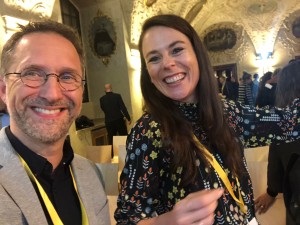 The 3rd phase focuses on the development of this one favorite project by using the Business Model Canvas, a method to help you formulate and plan a business case.
The 3rd phase focuses on the development of this one favorite project by using the Business Model Canvas, a method to help you formulate and plan a business case.
The 4th step is pitching of these four speed-developed business plans and then making a choice about investing: Each participants turns playfully into an investor and chooses the project he would invest 50.000 Euro in. The winner project is the one with the most investors.
In the final round this winner project is taken forward by collaboration of all participants: every-one proposes actions and contributions, one could envision to realize this project – in real !
This cycle of working is in itself a test run and life experience of today´s digital culture.
Which fields of innovation did the teams focus ?
Focus 1 „Post Over-Tourism ?“
Exciting destinations are overrun, at least feel overrun even by cultural tourism: the benefits of tourism fade against the backdrop of mass tourism. How can innovations from the creative industries, e.g. in digital communication, help to overcome the disadvantages of ever increasing tourism ? How can this even benefit destinations less renown ?
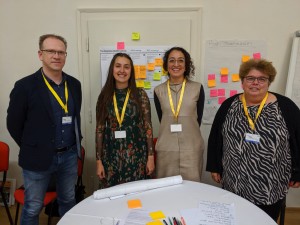
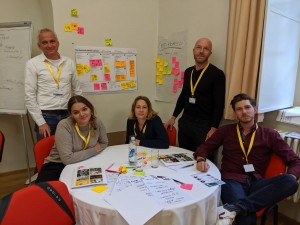
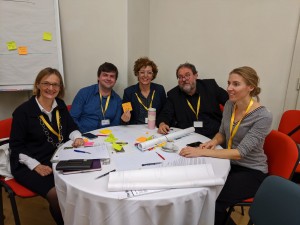
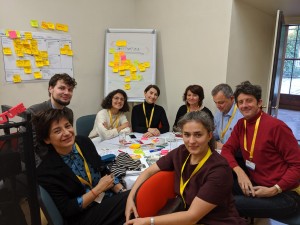
Focus 2 „Post-Broadway ?“
Heritage is allover – in metropolitan as well as underpopulated areas, in famous and infamous destinations. Heritage is part of life in cities as well as the countryside. While heritage in economically underdeveloped regions could be an important driver, tourism is not thriving in remote or economic difficult areas. How could this paradox be overcome ? What are opportunities for new forms of entrepreneurship and jobs ?
Focus 3 „Post-Institution ?“
Cultural institutions have new opportunities thanks to digital technologies. They can win new roles as enablers and societal hubs in addition to their traditions of research and (re-)presentation. New technologies could lead to new types of cultural institutions. Which skills and steps are required from leaders as well as employees to do so ?
Focus 4 „Post-Visitor ?“
Heritage is a fascinating source of content for the (digital) economy, but only because it is at first a social point of meeting and integration. Today with the digital tools of making and producing each visitors also uses heritage for his own curation, elaboration and creative invention. Each visitor is a (media) producer today. What are the potentials of this trend for the wider society? How concretely, in which formats can this trend revitalize of what it means to be European today and in the close future ?
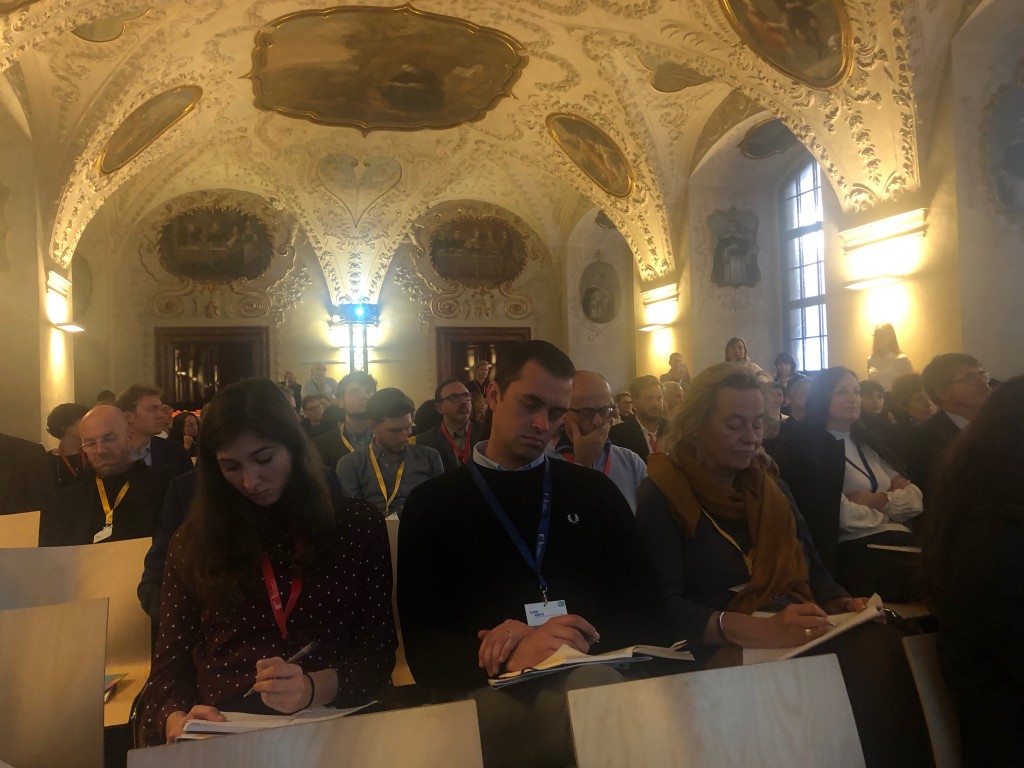


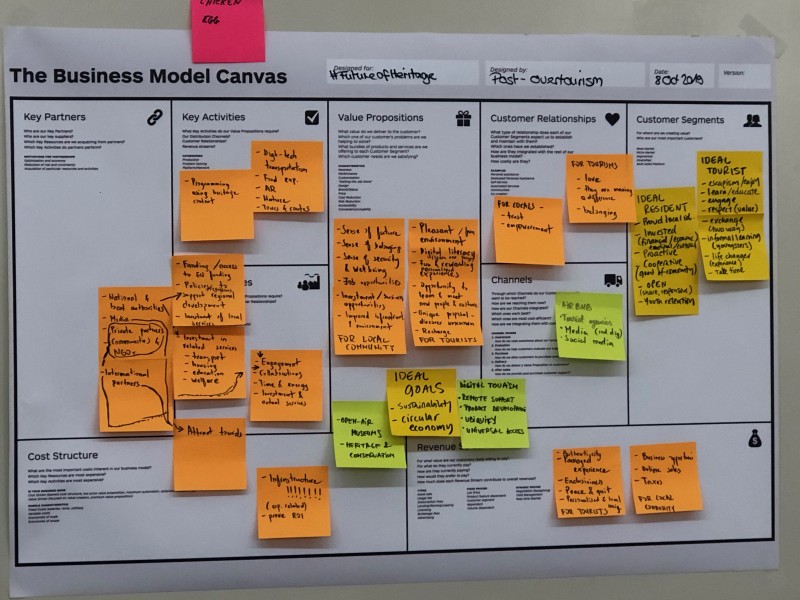
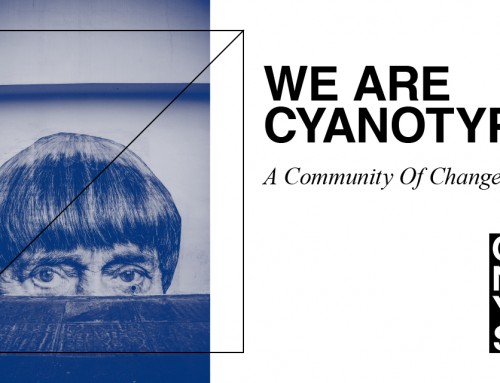
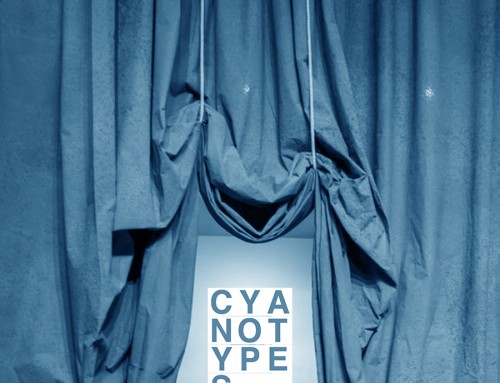
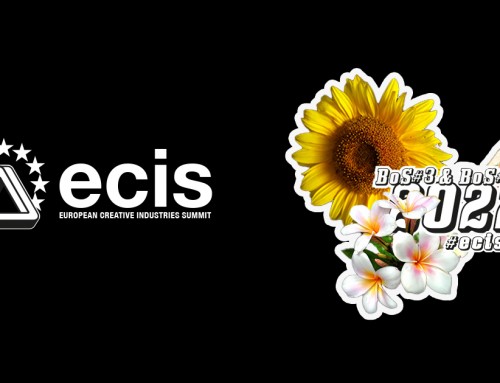
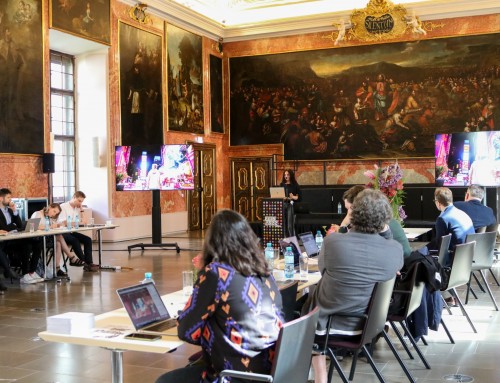
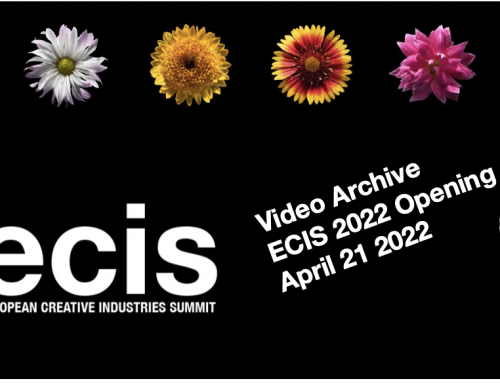
Leave A Comment